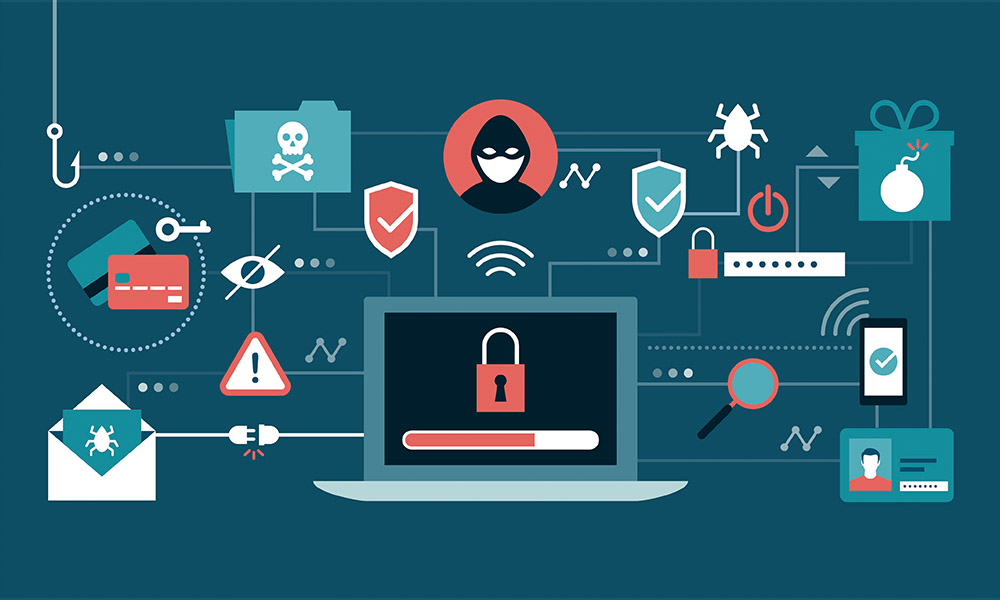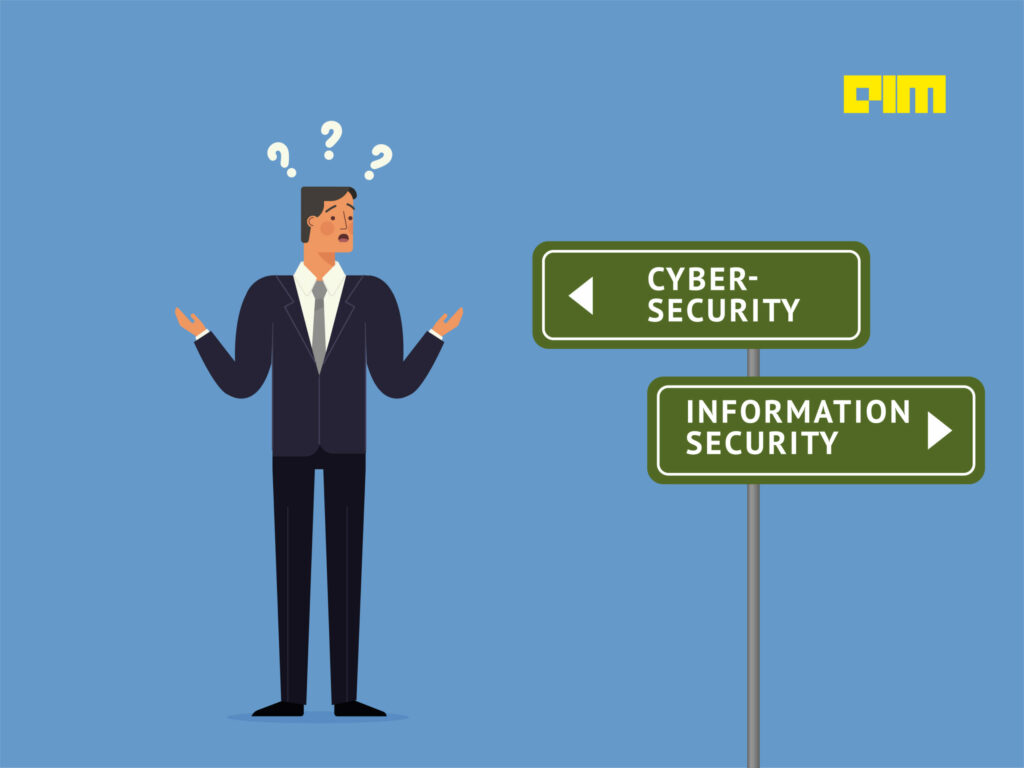
Why is cybersecurity important?
With an increasing number of users, devices and programs in the modern enterprise, combined with the increased deluge of data — much of which is sensitive or confidential — the importance of cybersecurity continues to grow. The growing volume and sophistication of cyber attackers and attack techniques compound the problem even further.
What are the elements of cybersecurity and how does it work?
The cybersecurity field can be broken down into several different sections, the coordination of which within the organization is crucial to the success of a cybersecurity program. These sections include the following:
Maintaining cybersecurity in a constantly evolving threat landscape is a challenge for all organizations. Traditional reactive approaches, in which resources were put toward protecting systems against the biggest known threats, while lesser known threats were undefended, is no longer a sufficient tactic. To keep up with changing security risks, a more proactive and adaptive approach is necessary. Several key cybersecurity advisory organizations offer guidance.
The benefits of implementing and maintaining cybersecurity practices include:
- Business protection against cyber-attacks and data breaches.
- Protection for data and networks.
- Prevention of unauthorized user access.
- Improved recovery time after a breach.
- Protection for end users and endpoint devices.
- Regulatory compliance.
- Business continuity.
Cybersecurity is the protection of internet-connected systems such as hardware, software and data from cyber-threats. The practice is used by individuals and enterprises to protect against unauthorized access to data centres and other computerized systems.
A strong cybersecurity strategy can provide a good security posture against malicious attacks designed to access, alter, delete, destroy or extort an organization’s or user’s systems and sensitive data. Cybersecurity is also instrumental in preventing attacks that aim to disable or disrupt a system’s or device’s operations.
Cybersecurity is continually challenged by hackers, data loss, privacy, risk management and changing cybersecurity strategies. The number of cyberattacks is not expected to decrease in the near future. Moreover, increased entry points for attacks, such as with the arrival of the internet of things (IoT), increase the need to secure networks and devices.

“Security used to be an inconvenience sometimes, but now it’s a necessity all the time.”
Martina Navratilova
- Swiggy Off Campus Drive 2024 For Freshers – Must Apply Instantly
- Ericsson Careers Recruitment 2024 | Apply before last date
- Yash Technologies Recruitment Drive 2024 – Must Apply Instantly
- BCG Internship Drive For Freshers 2024 – Must Apply Instantly
- Harman Careers Recruitment 2024 | Freshers must apply


